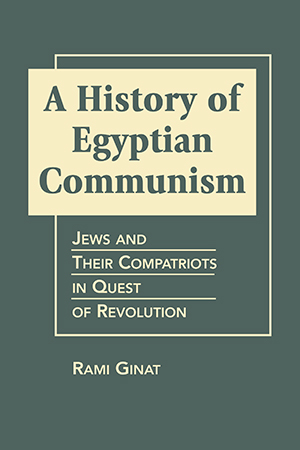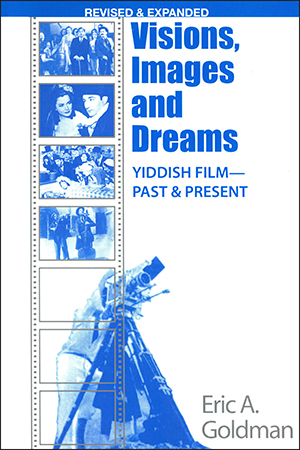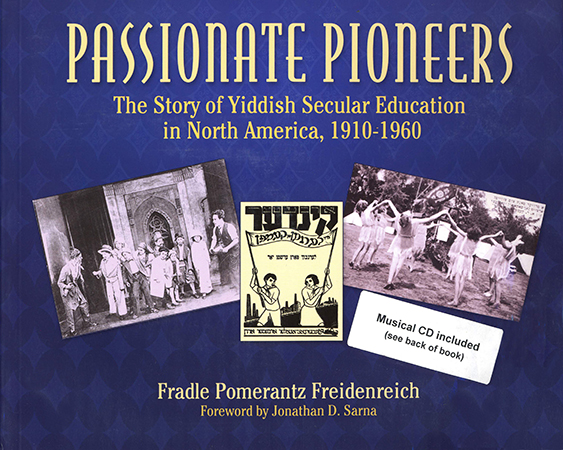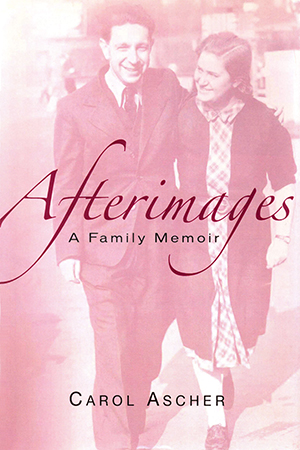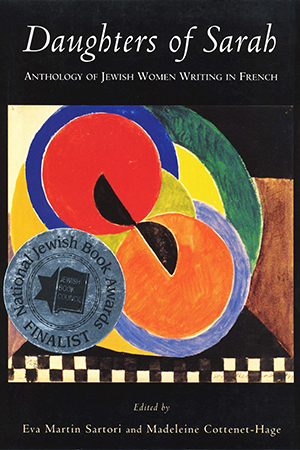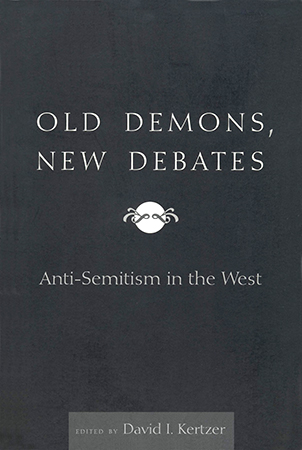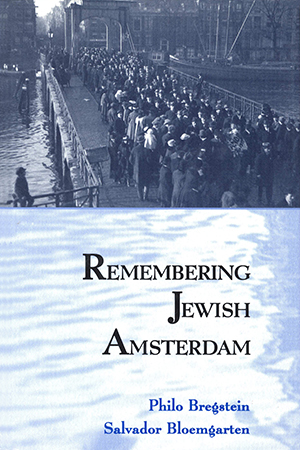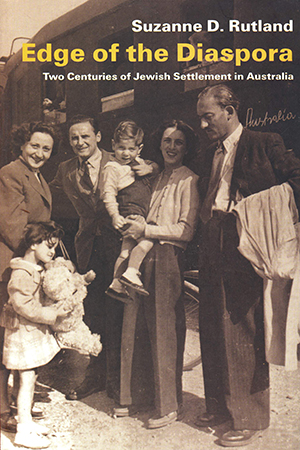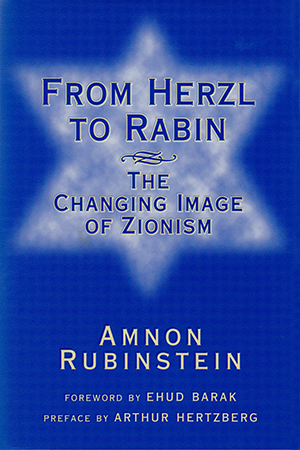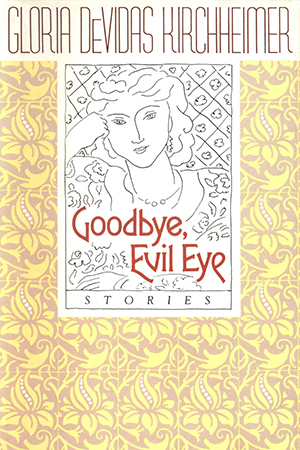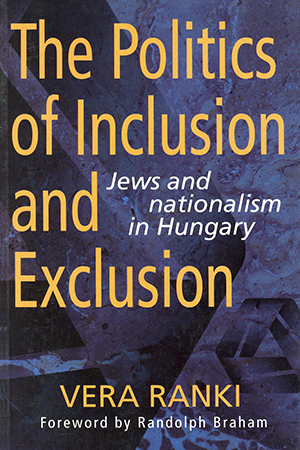Jewish Studies
In both Germany and Poland—primary locations of the Holocaust—the legacy of antisemitism remains a major obstacle to reconciliation with the past. Thomas Just asks: How does More >
How did the vast Ottoman Empire, stretching from the Balkans to the Sahara, endure for more than four centuries despite its great ethnic and religious diversity? The classic work on this More >
When it was first published in 1980, Judith Laikin Elkin's foundational book on the Jewish communities of Latin America quickly became the standard resource on the topic. This new More >
In these two extraordinary works, published posthumously, Gertrude Kolmar's elegiac prose transports us into her characters' rich inner worlds even as it depicts the cold material More >
Rami Ginat offers an entirely new reading of the evolution of communism in Egypt, including the central role of Egyptian Jews in both its development and its impact on Egypt and the wider More >
From the early Yiddish silent movies, to the innovative Soviet-supported productions of the 1920s, to the Golden Age of the 1930s, to the present revival of the genre, Eric Goldman traces More >
A little-known chapter in American Jewish history involves a wide network of Yiddish schools and camps—a vibrant, multifaceted educational movement—that sought to transmit a More >
In her moving reflection on growing up as the daughter of refugees from Hitler's Europe, Carol Ascher explores the conflicts of an émigré childhood and chronicles her More >
National Jewish Book Awards Finalist! The editors have gathered a treasure trove of excerpts (some translated into English for the first time) from a variety of genres—novels, short More >
National Jewish Book Awards Finalist! Old Demons, New Debates offers a provocative new view of the recent upsurge of anti-Semitism in the West. The authors show how today's More >
National Jewish Book Awards Finalist When the Germans overpowered the Netherlands in 1940, there were some 140,000 Dutch citizens who were considered Jews by Nationalist Socialist More >
Suzanne Rutland charts the vibrant history of the Australian Jewish community from its convict origins through the turmoil of the twentieth century. More >
Amnon Rubinstein traces the history of the Israeli state, and of Zionism, moving deftly between the roles of objective historian and persuasive politician. More >
National Jewish Book Awards Finalist! Humorous and endearing, while dealing with complex issues, the stories in Goodbye, Evil Eye reflect the tensions between Sephardic Jews and More >
Choice Outstanding Academic Book! Tracing the social history of Jews in Hungary from the mid-nineteenth to the mid-twentieth century, Vera Ranki reveals how state policies shifted from More >



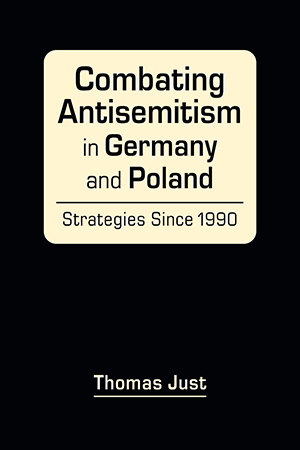
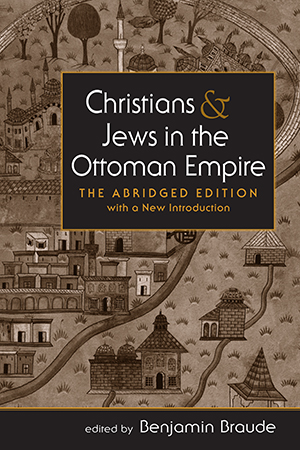
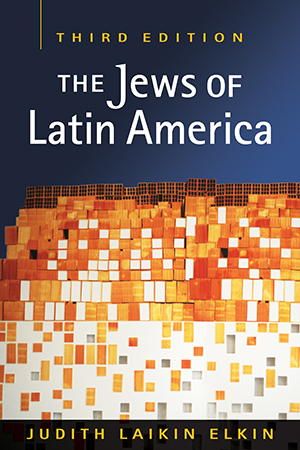
![A Jewish Mother From Berlin [a novel] and Susanna [a novella]](/uploads/67097959d3bcf.jpg)
